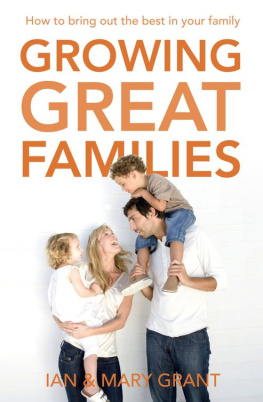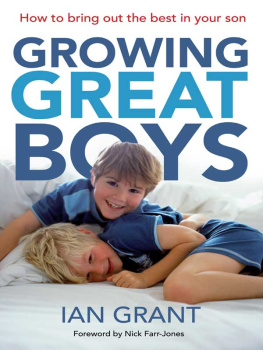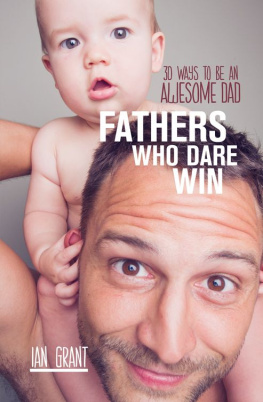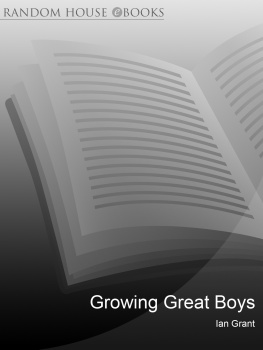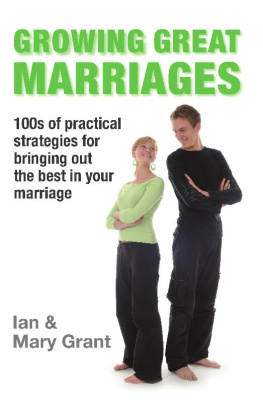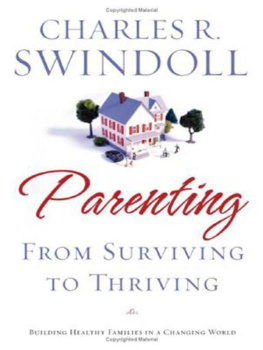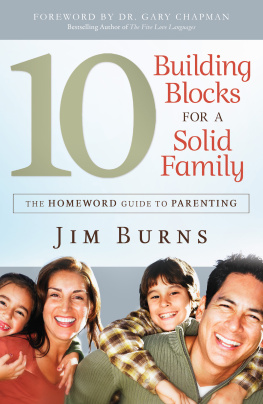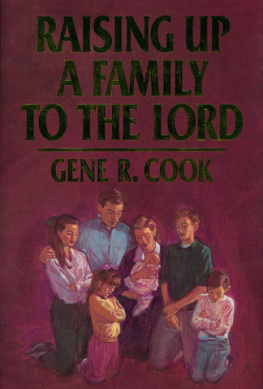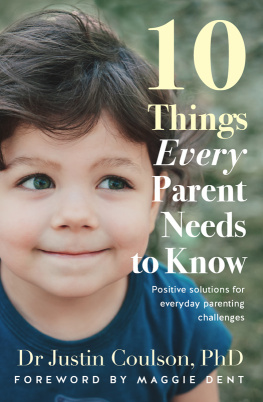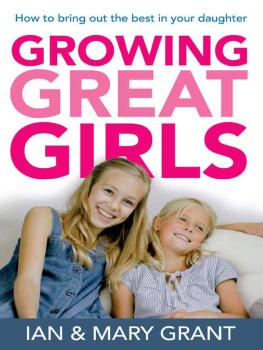IT IS TRUE THAT PARENTING is an inexact science. In fact it is way more an art than a science and there are many societal changes and challenges that make growing a family these days certainly more fraught than it was a generation ago.
It is unnecessary perhaps to identify the all-pervasive media, and the internet with its social networking sites, its borderless doorway to a global world and its potential for antisocial habits, which make the idea of creating a family as a community less straightforward than in other eras. These days, social mores are less defined and there is less consensus about standards of behaviour, language, sexuality or even family dynamics such as eating together.
For instance the author of a recent book on living as a single tells how when she hit her mid-thirties, her mother shared with her the realisation that she had raised her daughter with a basket of skills that equipped her to live the traditional life of a wife and mother, rather than the very different life she was living as a professional and a single woman.
There are many books on parenting and parenting topics on the market, probably an overabundance to which we have already made our small contribution. However, we have felt a growing, niggling unease in the back of our minds recently that as a society we might be concentrating on the wrong things when we talk about parenting as a skill to be practised between a parent or parents and a child. Our individualistic culture, which assumes it can operate outside community, would be incomprehensible to former generations.
Could it be that our generations veneration of the individual as the holder of inalienable rights has neglected the deeper issue of connection and community? The deep human need for community is met first of all in a family. It is the idea that a child who receives unconditional love and acceptance from family members also learns that in loving others he has responsibilities to those others.
When a child is born, he or she is welcomed into a family which already operates as its own little community. It is a very secure thing for a child to join a family which already stands for something, which has values and principles and goals as a family, as well as leadership from parents.
Gen X and Gen Y are now the cohort that tends to be parenting young children and that in itself means there has been a shift in expectations for both themselves and their children. Children are often born to older parents and come along after the established career and the established home, even if there is still a hefty mortgage to address. Born to older parents, children can even be like a final accessory once the other goals have been achieved or they may be a vehicle for parents vicarious ambitions or for social kudos through their accomplishments. This means the child becomes the centre of a world focused on them rather than a world which offers them the security of a community with a sense of purpose and progress.
In contrast to this we believe there is a case for reestablishing the idea of growing great families by having a strong vision of the family you want to build.
In a world lacking in intimacy but swimming in sexuality a world where many are objectified through advertising or pornography we need to offer our children real intimacy and emotional safety. They need to know the security of a family operating as a team and receive joy in their everyday experience of being contributors, not just takers.
Whatever we parents honour or treat as sacred or special, our children will also honour, whether that is the television, regular family times or sport. Consequently this book is a call to refocus on what it is to create a family, to look again proactively at what we are honouring in the little community we call our family and to think about our ultimate goals for the individuals and relationships within it.
Unlike earlier generations, and still in some other cultures, where children were valued for their contribution to the family, these days children can feel the pressure of fulfilling some expectations for parents or feel the weight of a disappointment from those same quarters.
Lets together think again about celebrating each other within the context of our family community.
A DREAM EMERGING
OVER THE LAST 17 YEARS we have travelled around New Zealand and Australia running seminars for parents of toddlers to teenagers. In those years we have loved the opportunity to share ideas and information with over 260,000 parents and to plant seeds of hope and encouragement. No matter what socio-economic sphere of society we come from, or what our cultural background, the experience of parenting is common to everyone.
The organisation we founded, Parents Inc., has as its brand statement Family is Everything. We wish you great pleasure in building your family into its own caring community and this book is full of hot tips you can use immediately to fulfil that vision. Maybe the bonus for you will be your adult children saying, Mum and Dad, you raised us in such a great family we want to shout you a world trip just to say thanks!!!
IAN AND MARY GRANT
Love is the rainbow of promise around a child which says, You are welcome in the world; there is a place for you.
Richard Whitfield, British Professor Emeritus of
Education
A hundred times a day I remind myself that my inner and outer life depend on the labours of other people, living and dead, and that I must exert myself in order to give in the full measure as I have received and am still receiving.
Albert Einstein
IN HER BOOKRevelations of a Single Woman, Connally Gilliam talks about the human desire for belonging and community. She quotes the well-known African proverb made famous by Hillary Clinton: It takes a village to raise a child, then goes on to make the point that in our urban and transient culture it is not always easy to find a village. It might not exist or at least not in the ideal way that we envisage it. The reality is that you and I might have to help build (or rebuild) the village. She then goes on to say, but I am learning something about laying bricks and mortar, so to speak, even as a single woman in a shifting culture. Truth and love, I am convinced, are the bricks and mortar of building any kind of community. Without one, you end up with a big, oozed-out pile of useless cement. Without the other, you end up with a jagged, fragile, and dangerous structure. Id venture to say that at some point all of us have experienced hard-core truth that has wounded us and soggy love that has kept us stuck. One without the other is no good. But what would it take to hold truth and love together? How could we embody them in some kind of a community? How could we build them into some kind of village, given our early twenty-first-century urban Western realities?
What great questions to be asking ourselves when beginning to think about building a family. And how do these tensions play out in the everyday life of parents raising children where common values are not always well articulated and where there are so many theories about child rearing and what a good life looks like.
A couple of months ago my newish laptop computer melted down. By that I mean that it just randomly stopped obeying instructions. This had actually been happening in various ways since I first got it, just little things at first, for instance it seemed to be really slow to open files and then other functions took ages to perform. I was travelling at the time, so I just hoped that it would settle down and I almost got used to its laborious ways. Suspecting that my beautiful new computer, which had come highly recommended by various experts, had hardware problems, however, I had two different computer technicians look at it. One remotely through one of those log-in programs that takes over your computer and another who took it away for the weekend and ran all sorts of diagnostics on it.

